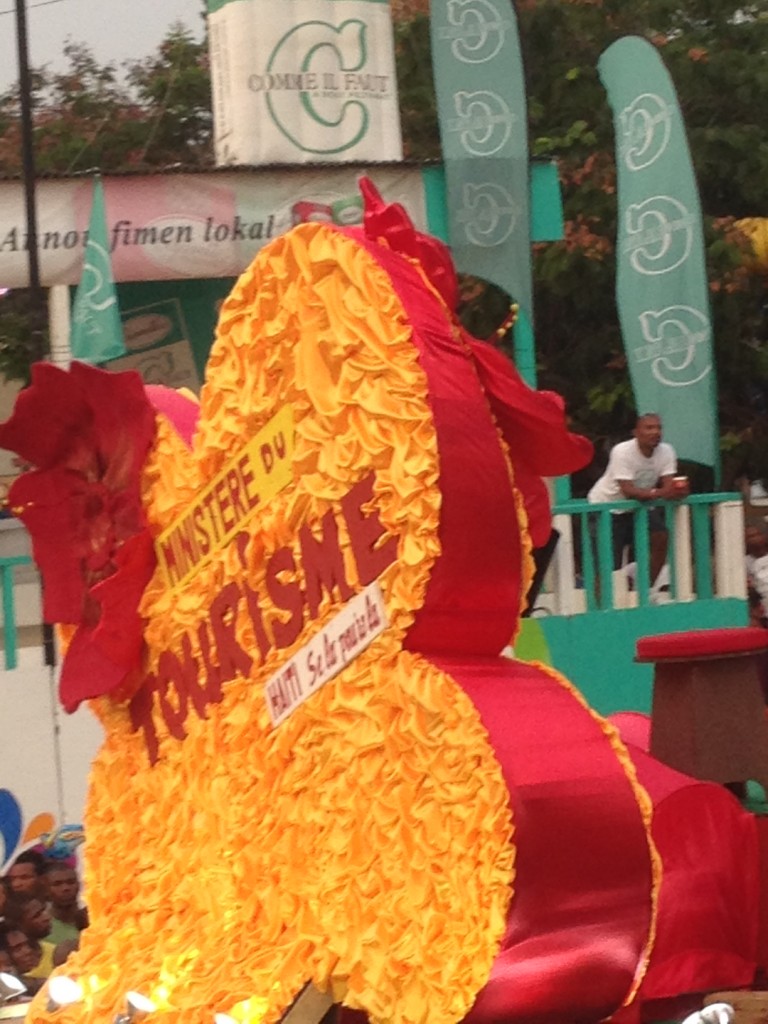The petty politics and small economics of carnivals, circuses & suchlike
Despite its rain-soaked last day, the carnival created economic opportunity in Port au Prince. That’s what Haitian government ministers claim and they’re not entirely wrong. It’s true that small street vendors sold more soft drinks, hotdogs, bbq chicken, cigarettes, baubles, rum miniatures and clerin than without the carnival. The capital drew more members of the diaspora than it generally would during the summer holiday period.
Clearly, kanaval meant that some people made some money.
But we are, of course, talking incredibly small amounts here. One of the biggest problems for countries like Haiti is their inability to upscale and “escape the crisis trap”, in the words of the eponymous report produced by the Legatum Institute and the Institute for State Effectiveness. The report delves into the realm of prescriptive fantasy, claiming that Haiti needs a “national dialogue” to achieve any success.
However, this bit on the dreary cycle of despair is spot-on: “Hindered by weak, dysfunctional public institutions, Haiti has been unable to create the basic conditions for private sector growth: reliable market regulations, transparent property rights, a secure banking system, etc. Without growth, poor Haitians lack opportunity and the Haitian government lacks a tax base to use to wean itself off of foreign aid.”
(Tomorrow: Carnivals and circuses offer temporary relief. Very small, very short-term)


